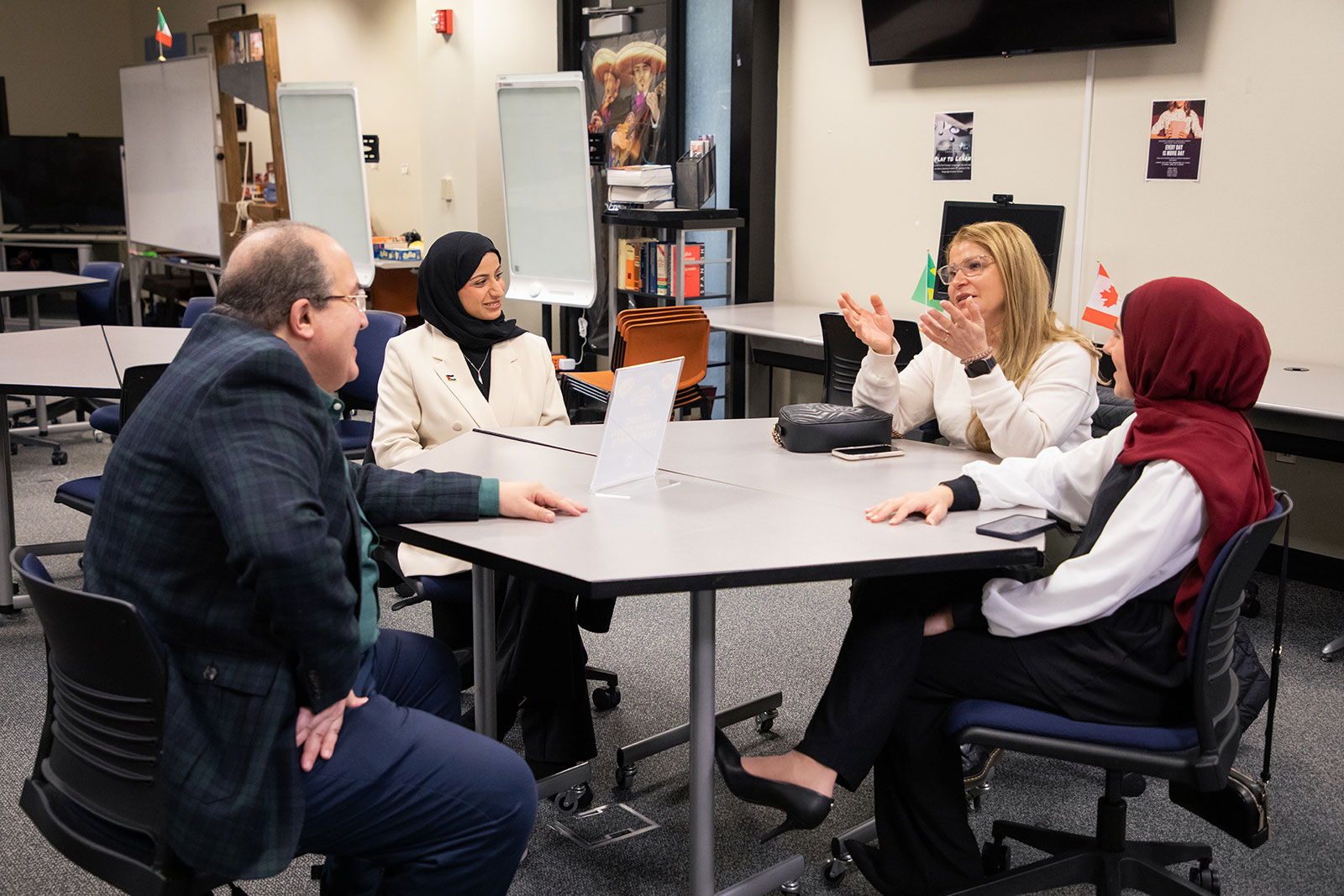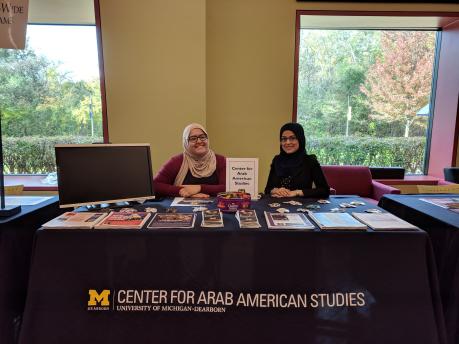Related Resources
Immerse Yourself in the Cultures of the Middle East
 The bachelor’s degree in Middle East studies combines a comprehensive exploration of one of the world’s most fascinating and influential regions with three years of foreign language study, typically in Arabic. The program can accept transfer credits in other Middle East languages with certain conditions.
The bachelor’s degree in Middle East studies combines a comprehensive exploration of one of the world’s most fascinating and influential regions with three years of foreign language study, typically in Arabic. The program can accept transfer credits in other Middle East languages with certain conditions.
When you graduate, you’ll have advanced foreign language skills and a multi-disciplinary understanding of Middle Eastern societies and cultures. The combination will prepare you for a wide variety of career opportunities or for graduate studies.
Where a Middle East Studies Degree Will Take You
A Middle East studies degree opens doors to an array of career opportunities where language, social, and cultural knowledge are essential: international diplomacy, social services, academia, journalism, business, law, and more. The degree also provides an excellent foundation for graduate studies in the modern Middle East.

